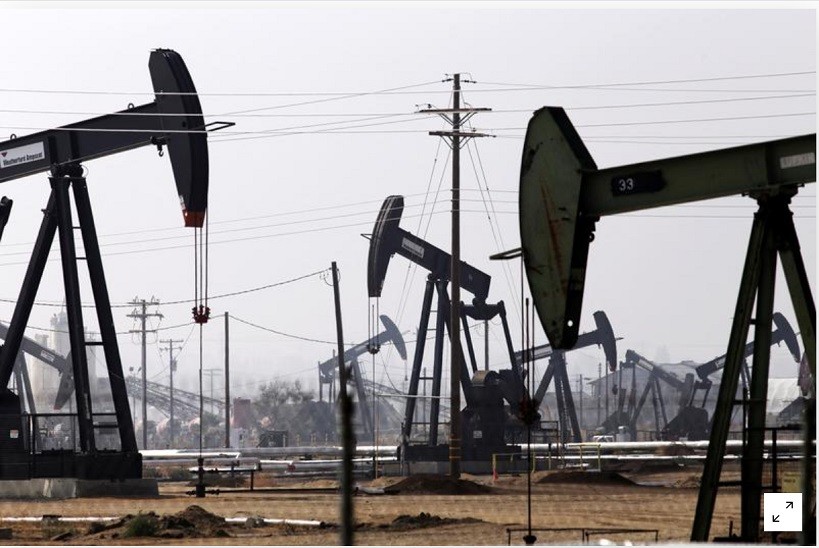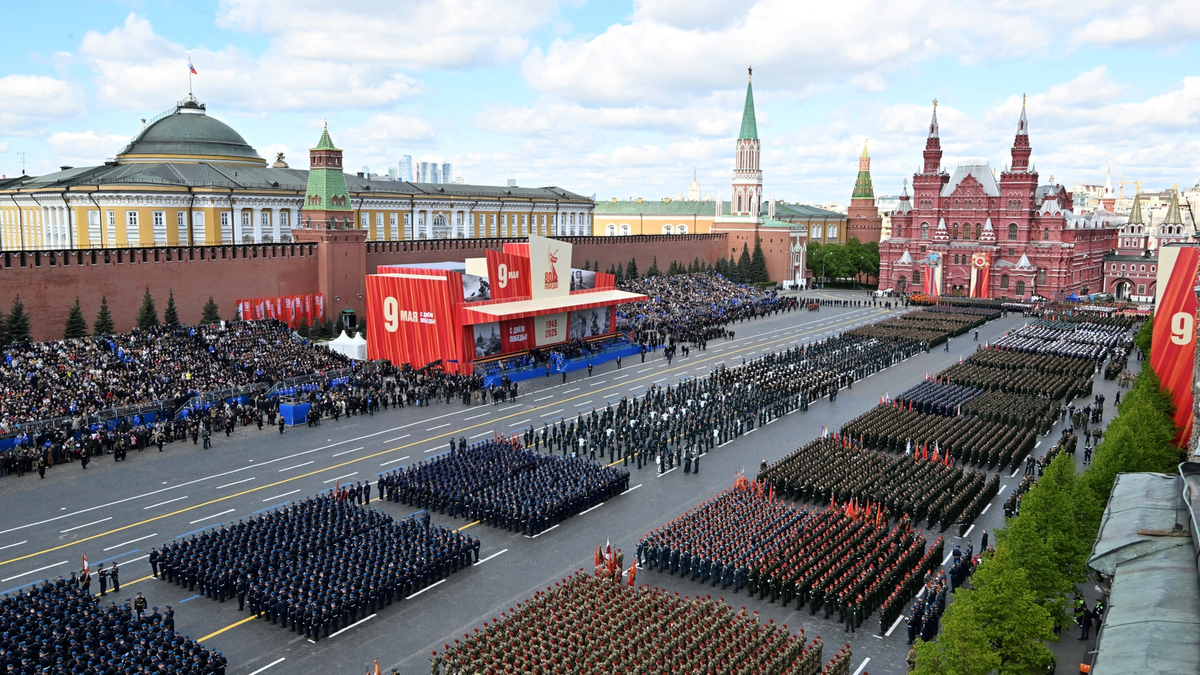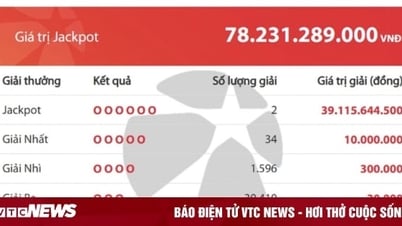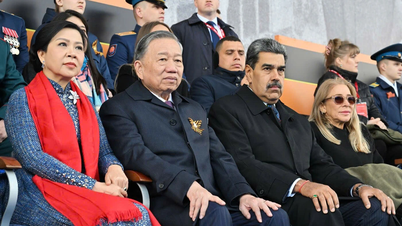 |
| Oil prices today June 3: All eyes on OPEC+, experts say don't underestimate Saudi Arabia. (Source: Reuters) |
According to Reuters , at the end of the last trading session of the week, oil prices increased by more than 2% after the US Congress passed a debt ceiling agreement to help prevent government default in the world's largest oil consuming country.
Brent crude for August delivery rose $1.85, or 2.5%, to $76.13 a barrel. U.S. West Texas Intermediate crude rose $1.64, or 2.3%, to $71.74 a barrel. This was the highest closing level for WTI since May 26 and Brent since May 29.
For the week, however, both benchmarks fell about 1%. This was the first weekly decline after two consecutive weeks of price increases.
The rise in oil prices was also influenced by US employment data, which boosted hopes of a possible pause in interest rate hikes by the US Federal Reserve (Fed).
Market focus also shifted to the June 4 meeting of the Organization of the Petroleum Exporting Countries (OPEC) and its allies including Russia, collectively known as OPEC+.
Reuters quoted OPEC+ sources as saying that the alliance is unlikely to cut supply further at this meeting, but some analysts said that was still possible because demand indicators from China and the United States have disappointed in recent weeks.
“Nobody wants to short crude heading into the OPEC+ meeting this weekend,” said Edward Moya, senior market analyst at data and analytics firm OANDA. “Traders should never underestimate what Saudi Arabia will do and take advantage of during OPEC+ meetings.”
Saudi Arabia is the largest producer in OPEC. Its energy minister has warned that short sellers betting on falling oil prices should “watch out” for losses.
Domestic retail prices of gasoline on June 3 are as follows:
E5 RON 92 gasoline is not more than 20,878 VND/liter.
RON 95 gasoline is not more than 22,015 VND/liter.
Diesel oil not more than 17,943 VND/liter.
Kerosene not more than 17,771 VND/liter.
Fuel oil not exceeding 14,883 VND/kg.
The above domestic gasoline prices were adjusted by the Ministry of Finance - Industry and Trade in the price management session on June 1.
The world oil market in this adjustment period (May 22 - June 1) is affected by many factors such as: OPEC+'s production cut; concerns about the US debt ceiling; stagnant industrial activities and higher interest rates increasing the risk of economic recession... These factors have caused oil prices to fluctuate.
Also in this management period, the Ministry of Industry and Trade - Ministry of Finance decided to keep the same level of the Petroleum Price Stabilization Fund for all petroleum products as the previous period and continue not to spend the fund for all petroleum products.
Source



![[Photo] General Secretary To Lam and international leaders attend the parade celebrating the 80th anniversary of the victory over fascism in Russia](https://vphoto.vietnam.vn/thumb/1200x675/vietnam/resource/IMAGE/2025/5/9/4ec77ed7629a45c79d6e8aa952f20dd3)
![[Photo] Prime Minister Pham Minh Chinh chairs a special Government meeting on the arrangement of administrative units at all levels.](https://vphoto.vietnam.vn/thumb/1200x675/vietnam/resource/IMAGE/2025/5/9/6a22e6a997424870abfb39817bb9bb6c)
![[Photo] Magical moment of double five-colored clouds on Ba Den mountain on the day of the Buddha's relic procession](https://vphoto.vietnam.vn/thumb/1200x675/vietnam/resource/IMAGE/2025/5/9/7a710556965c413397f9e38ac9708d2f)
![[Photo] Russian military power on display at parade celebrating 80 years of victory over fascism](https://vphoto.vietnam.vn/thumb/1200x675/vietnam/resource/IMAGE/2025/5/9/ce054c3a71b74b1da3be310973aebcfd)


























































































Comment (0)